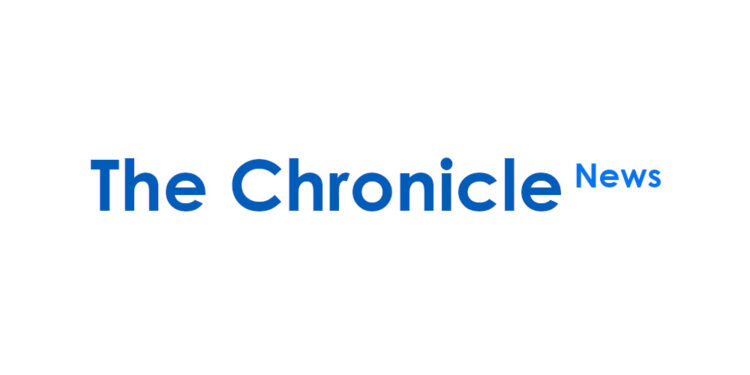OKLAHOMA CITY – Rep. Daniel Pae said he intends to file legislation next year to retain legislation that allows needle exchange programs.
The Lawton Republican’s plans come after the House Public Health Committee heard last week from advocates outlining the potential harm if Senate Bill 511 wasn’t extended. The 2021 bill, co-authored by Pae, authorizes programs that register with the Oklahoma State Department of Health to distribute and collect hypodermic needles, cleaning and test kits, and opioid antagonists if no state dollars are used. However, the bill contains a five-year sunset provision, meaning it will end in 2026.
Pae said he requested an interim study on the effects of SB511 to learn about the ongoing efforts to invest in harm reduction activities and currently available data on the programs in time to take action before the bill expires.
“I believe harm reduction programs not only save lives, but ultimately save the state money,” Pae said. “Since Senate Bill 511 is set to sunset in a few years, I wanted to start the conversation now about the outcome of these programs and how we can best support our community partners fighting the good fight across the state.”
Brittany Hayes, policy director at Healthy Minds Initiative, said harm reduction aims to minimize the negative outcomes associated with substance use, such as the spread of diseases. While harm reduction programs promote safer use, Hayes said the most important part of harm reduction is meeting people where they are.
“If a person comes to you, that’s a first step,” Hayes said. “You need to meet them where they are. Not everybody is ready to step into a treatment facility day one. Not everybody is ready to step into a treatment facility year three.”
Hayes shared data on Oklahoma’s syringe service programs, which was self-reported by four harm reduction organizations from 2022 to 2024. Over those two years, the organizations distributed 25,125 naloxone kits, which included two doses each, and self-reported 1,212 overdose reversals from naloxone they distributed. The organizations also referred 1,528 clients for services such as substance use education or testing for HIV and STIs.
One client was Tamra Graham, who told the committee about her personal experience with harm reduction services. She was prescribed opioids after surgery, which ultimately led into a decade-long struggle with addiction.
“I’m a wife, I’m a mother, but most importantly, I’m alive,” said Graham, who has been clean for 18 months.
Graham said while ready access to clean needles reduced her risk of diseases, they also kept her connected with community resources available to help when she was ready to quit her addiction.
“Having access to clean syringes did not enable my drug use but helped put my mind at ease knowing I would be safe from most diseases common in IV substance use, such as hepatitis C or HIV,” she said. “When seeking services from Shred the Stigma, I was never pressured to practice abstinence, which made me feel more in control of my substance use, but I knew when I was ready to start my recovery journey, that they would be there to provide support and resources for me to do so.”
Graham is now a program assistant at Shred the Stigma.
Between 2022 and 2024, Oklahoma’s four harm reduction organizations served 8,896 clients and distributed 578,330 syringes. Hayes said one of the outcomes they anticipate is that syringe exchange programs will lead to a significant decrease in HIV and Hepatitis C cases. Both diseases can spread through shared needles.
Want to reach a local audience and grow your business?
Our website is the perfect platform to connect with engaged readers in your local area.
Whether you're looking for banner ads, sponsored content, or custom promotions, we can tailor a package to meet your needs.
Contact us today to learn more about advertising opportunities!
CONTACT US NOW





